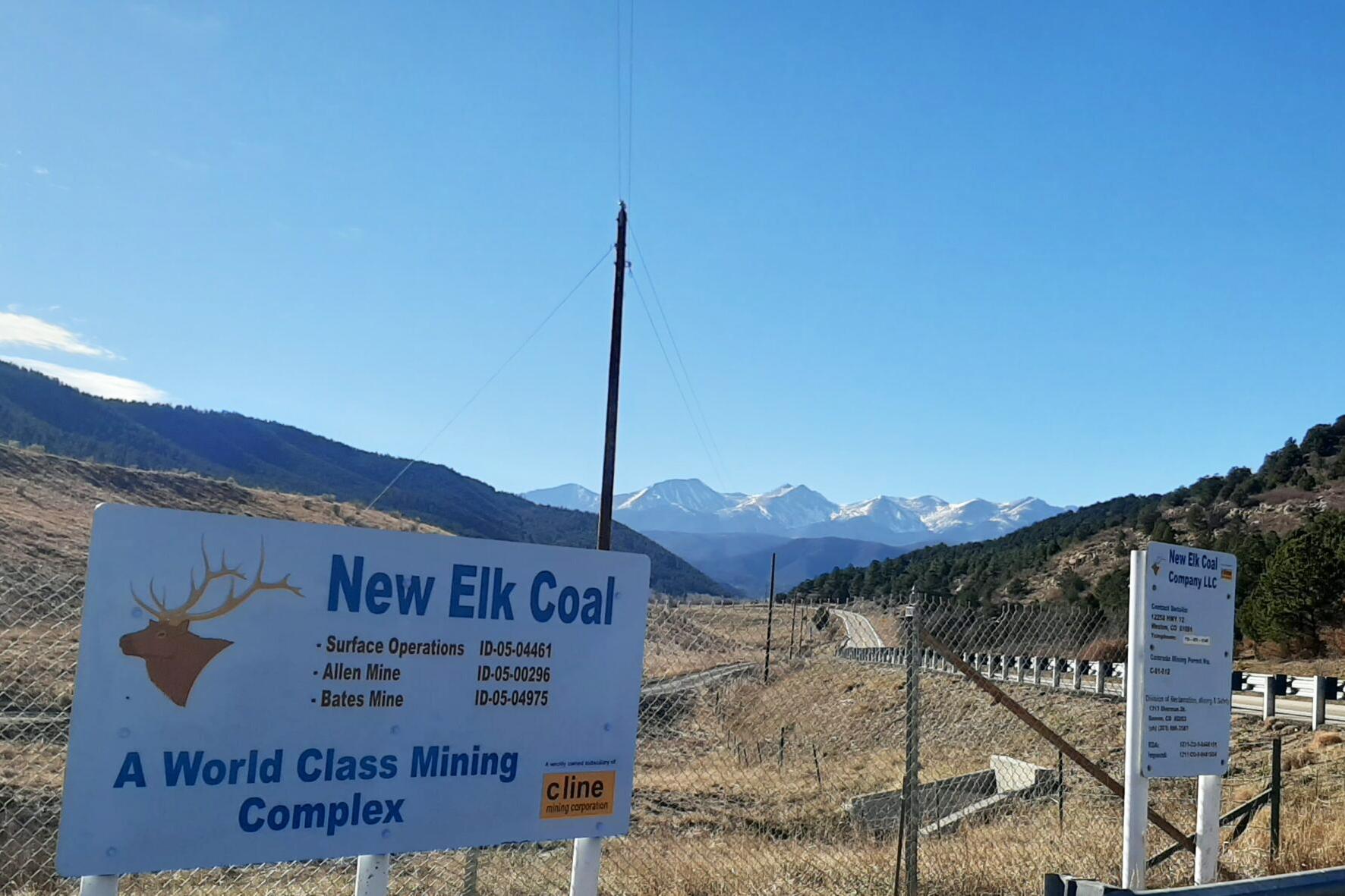
Just outside Trinidad, a coal mine is preparing to reopen next summer.
Australia-based Allegiance Coal has purchased the New Elk mine. It's on the site of a historic mine that has been shuttered since 2012.
Now, the region is getting ready for what they hope will be an influx of workers. But there are some challenges to face before that can happen.
Bill Knowles is a reporter at The World Journal based in Walsenburg. He joined KRCC's Andrea Chalfin to talk about the development.
Andrea Chalfin: Bring us up to speed. What are the new owners saying?
Bill Knowles: The sale was complete a couple of weeks ago for a total of $55 million. And they have already picked up some new investors. Some of that money will go to sweep up the cobwebs, so to speak, get things cleaned up since it’s been shuttered for most of a decade. By next summer they expect to have 50 workers to eventually expand to 300.
AC: Now, coal has a special place in the history of Trinidad, right?
BK: Yeah, there’s a road, known as the Highway of Legends, that goes right by the New Elk Coal Mine. And all along that road are coal towns dating back to the early 1900s, sometimes just a few houses or just the remnants of a town.
For the first part of the 20th century, this was the core of the economy in Trinidad and brought people here from all over the world to work in coal. And of course, this area was the site of the Ludlow Massacre in 1914, though not this particular mine.
There are a lot of people still here whose parents or grandparents started in the coal mines way back then. Some might have even worked in this very same mine.

AC: Tell us more about this particular mine.
BK: Well, it’s interesting. They will be mining a certain type of coal, called coking coal. That means that it can burn to very high temperatures. It gets that way because it's cooked a long time by earth heat and coupled with the pressure of being deep in the ground it gets very hard. Any deeper and hotter and it starts turning into diamonds.
The production of steel requires this type of coal, for example. I talked to the CEO of Allegiance Coal recently and he said that they are looking to overseas markets for customers.
AC: And what could this mean for the local economy now?
BK: If the company projections come true, they say it could bring in more than $500 million dollars in salaries and millions in taxes over the next 25 years. At a time when COVID has decimated tax coffers at all levels, that's a big deal.
AC: So the coal mine opens, which means employees. What does that picture look like? I understand that there are some challenges there just in terms of the basics.
BK: The company says that there eventually will be 300 employees. Most of them have families. So we stand a chance of seeing around 1,200 people move into the area over the course of a year or so. And in a county of 15,000 people, that’s a lot.
AC: So that might present some challenges?
BK: Yes, Trinidad has an incredibly tight housing supply, especially when it comes to rental units. That means that if employment opportunities go the way the company hopes, it may be tough for workers who don’t already live in the Trinidad area to find housing.
One creative idea to deal with the housing shortage is to somehow use an abandoned bankrupt luxury resort, Cougar Canyon, as a way to provide rental and sales opportunities.
AC: We’ve heard about Cougar Canyon before.
BK: Yes. It was abandoned nearly a decade ago, mid-construction. It’s been tied up in bureaucracy ever since. And some people at the city are talking about how it could be a solution to a problem but at this point, it’s just an idea.
Also, I should say, Allegiance CEO Mark Gray also talked about the possibility of working with Trinidad State Junior College to develop courses that could help train coal miners here.
AC: As we said in the beginning of this conversation, Trinidad has a long history with coal and it seems like there have been high hopes before. At this particular mine, when it was last opened in 2010, it only lasted for two years before it went bankrupt and hundreds of people lost their jobs. What does the stability look like moving forward?
BK: That's up to the markets, which of course can be unpredictable. Right now there is enough coal to keep the operation going for 50 years according to Mark Gray, and enough in reserves to add another 50 years of life to the operation.









